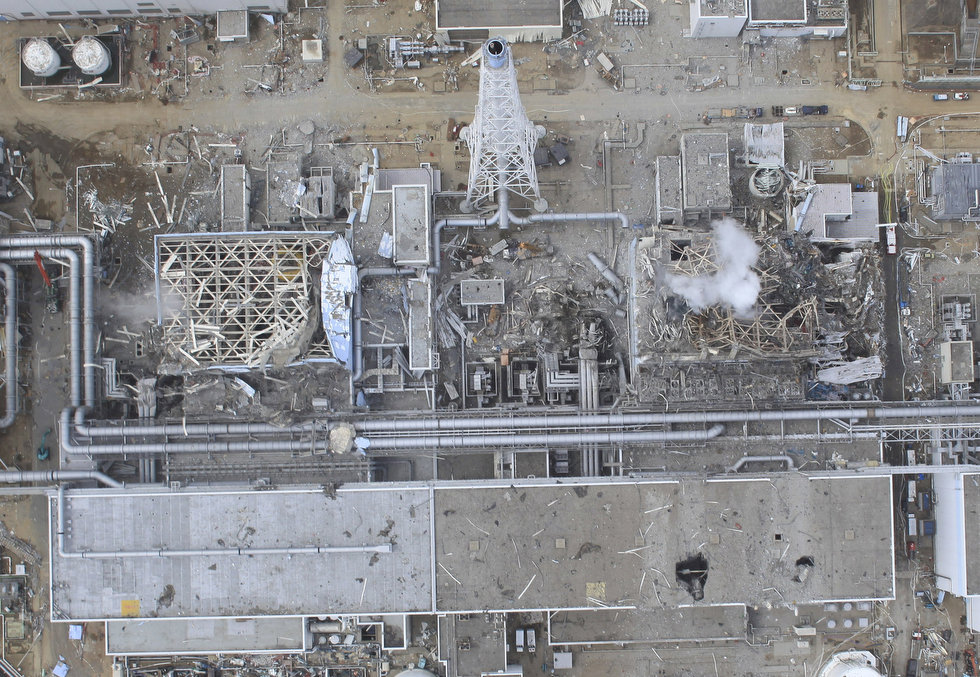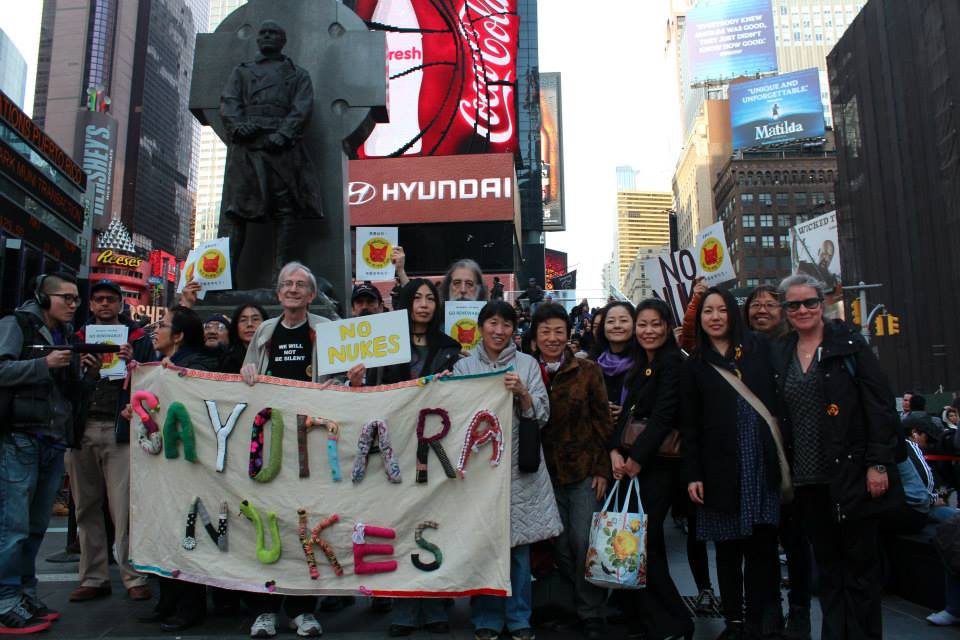
Nuclear power’s future in Japan continues to look bleak, despite the efforts of Prime Minister Shinzo Abe’s administration to restart reactors. Of the 48 remaining reactors in the country, the Asahi Shimbun reports that 13 are likely to be decommissioned because they are old and cannot meet new safety standards. Utilities owning another 17 reactors have not even begun the process to apply for restart, which requires proving that they can meet the new standards. That includes the four units at Fukushima Daini, which were damaged but not destroyed by the earthquake and tsunami. Fukushima prefecture opposes restart of those reactors and wants them decommissioned; under Japanese law, they cannot be restarted without prefecture approval. That leaves only 17 reactors with the potential for restart in any kind of near-term frame (over the next few years) and seven of those are already behind schedule. Japan might want to continue stepping up its efforts to install renewable energy; clearly nuclear power is not going to provide any significant amount of power to the country in the near-term, and probably not ever again.
Former NRC Chair Greg Jaczko, now a lecturer at Princeton University, currently is on a speaking tour of Japan and tells the Associated Press: the lesson of Fukushima is to phase-out nuclear power. Jaczko always has been outspoken and direct in his views (we’ve known him for more than a decade now); it’s heartening to see that he has been unafraid to both embrace the obvious lessons of Fukushima (and in his position as NRC chair at the time, he had a much more direct seat to both see and understand those lessons than most of us) and to speak out about his evolving opinions.

This investigation from the Center for Public Integrity and NBC News shows how so many reactors were built on an earthquake-prone island nation in the first place. Japan’s Well-Placed Nuclear Power Advocates Swat Away Opponents focuses primarily on the Rokkasho reprocessing plant that the Abe administration still wants to open in October, despite the fact that there are no current customers for its plutonium MOX fuel–nor, given the above description of the challenges facing Japan’s nuclear industry, will there ever be a large domestic market for MOX fuel again. Trade in MOX fuel poses significant nuclear proliferation risks, and use of the fuel increases the severity of nuclear accidents. Neither of these traits present attractive selling points for the technology. But as this article describes, the country’s “nuclear power village” continues to wield considerable power.
Former NRC Chair Dale Klein, who ought to learn a thing or two from former NRC Chair Greg Jaczko, is an advisor to Tepco. Why Tepco thought bringing in a consistent nuclear apologist like Klein to support its clean-up efforts would bring it any credibility will always be a mystery. But positions like Klein’s current support for just dumping hundreds of thousands of tons of contaminated water from Fukushima into the Pacific Ocean because, well, because he doesn’t have any better ideas, don’t enhance either Klein or Tepco’s public reputation. Klein’s argument seems to be that storing all that water onsite is problematic because there are all those persistent leaks we’ve been hearing about for the past several months. So why not just dump it all at once. Presto, ongoing leak problem–and publicity about ongoing leak problem–solved. Wonder how much Tepco is paying Klein. We can come up with some lunatic ideas for a fee too….
 NIRS’ Executive Director Tim Judson and Beyond Nuclear’s Kevin Kamps were on Abby Martin’s show on RT last night talking about Fukushima myths and misconceptions. You can watch the 10 minute clip on YouTube here.
NIRS’ Executive Director Tim Judson and Beyond Nuclear’s Kevin Kamps were on Abby Martin’s show on RT last night talking about Fukushima myths and misconceptions. You can watch the 10 minute clip on YouTube here.
The U.S. Government Accountability Office (GAO) says the NRC’s emergency response system may not work in a crisis and needs a substantial upgrade. GAO said in a report released Tuesday that the NRC should upgrade to a more reliable satellite system rather than relying on its current virtual private network for data as the system does now. The NRC is reluctant to make the changes recommended by GAO and says, besides, it can use telephones as a backup. The GAO said its recommendation was one lesson from the Fukushima disaster, where Japan’s automated data systems were shut down by the prolonged power outages. Japan is now the only country in the world so far moving to a satellite system.
Michael Mariotte
March 13, 2014
Permalink: https://www.nirs.org/2014/03/13/fukushima-3-japans-nuclear-future/
Comments are welcome! Say your piece above. Start a discussion. Don’t be shy; this blog is for you.
If you like GreenWorld, you can help us reach more people. Just use the icons below to “like” our posts and to share them on the various social networking sites you use. And if you don’t like GreenWorld, please let us know that too. Send an e-mail with your comments/complaints/compliments to nirs@nirs.org. Thank you!
Note: If you’d like to receive GreenWorld via e-mail daily, send your name and e-mail address to nirs@nirs.org and we’ll send you an invitation. Note that the invitation will come from a GreenWorld@wordpress.com address and not a nirs.org address, so watch for it.



